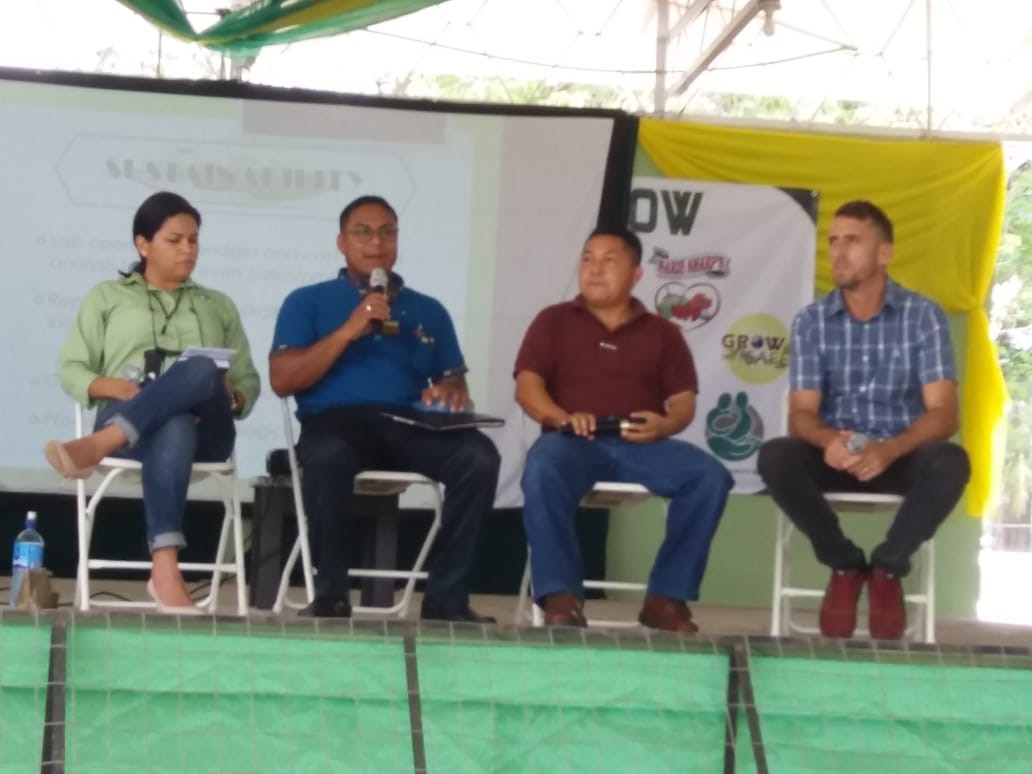
On April 26th 2019, a forum was organized in collaboration with the Ministry of Agriculture, Fisheries, Forestry, the Environment, Sustainable Development and Immigration to Celebrate the opening of the 2019 National Agriculture and Trade Show. The theme of the forum was: Innovating for a Resilient Agriculture and Food Sector.

On April 26th 2019, a forum was organized in collaboration with the Ministry of Agriculture, Fisheries, Forestry, the Environment, Sustainable Development and Immigration to Celebrate the opening of the 2019 National Agriculture and Trade Show. The theme of the forum was: Innovating for a Resilient Agriculture and Food Sector.
The Inter American Institute for Cooperation on Agriculture delivered a presentation on Bio-economy in Latin America and the Caribbean: Opportunities for innovative transformation of agricultural waste. The presentation emphasized that climate change and the deterioration of natural resources generate growing challenges and limitations for the world. Current projections regarding populations, income and urbanization predict a sharp increase in the global demand for goods and services. In light of this scenario, it has become necessary to adjust our development model − which was first applied during the Industrial Revolution and continued to be implemented as oil was incorporated into the energy matrix given that it no longer allows for adequately addressing new challenges. It is crucial to substantially increase the production of food, energy, fibers and feed within the current context, which is characterized by increased degradation of and competition for natural resources, as well as by an obligation to meet international environmental commitments. We must now identify a cleaner, more sustainable economic development model. In facing this challenge, the convergence of biological sciences, physics, chemistry, engineering, social sciences, and information and communication technologies (ICT) affords alternative pathways to established strategies.
More information:











